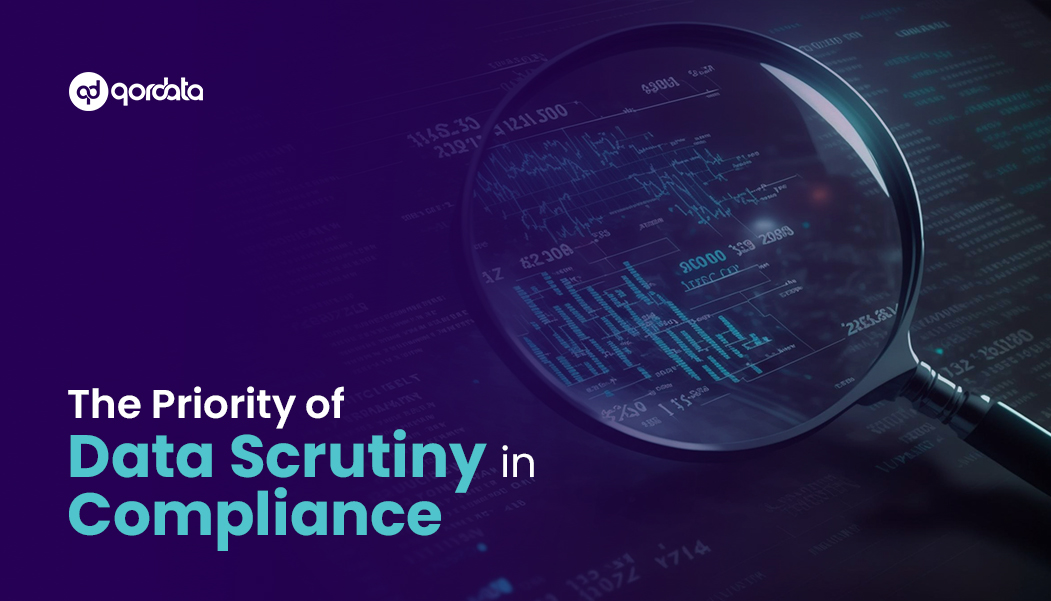Table of Contents
ToggleThe 4th Annual Pharma Compliance Europe Congress was held at the Royal Garden Hotel, London, UK, on the 5th and 6th of October, 2016. The conference provided an excellent opportunity for senior representatives from the compliance, legal, transparency, legal affairs, commercial operations/marketing, and regulatory affairs industries to network and discuss operational best practices.
Attendees of the conference benefited from a sea of knowledge with regard to the EFPIA disclosure code, transparency, and compliance. The conference covered many different subject matters, including:
– Improving compliance monitoring via the use of data analytics
– Overcoming the hurdles of data privacy laws
– Drafting the compliance program for the future
– Achieving better compliance culture in regional offices
– Establishing a corporate-compliant culture and implementing ethical business conduct
– Understanding the changing marketplace and the compliance issues triggered by these changes
Day One – October 5th, 2016
Day one of the conference started off at 8 am with registrations and refreshments. Next were the Chairman’s opening remarks, which were followed by a session titled, ‘Adapting to a culture of transparency in line with changing societal expectations’.
After that, a session titled ‘Crafting the compliance program of the future’ that was presided over by Erik Eglite, Vice President, Corporate Counsel & Chief Compliance Officer-Legal, Lundbeck Pharmaceuticals USA.
The session was followed by another titled, ‘Accountability and risk of the compliance program’ by Peter Herrmann, Group Compliance Officer, Actelion.
In a panel session titled, ‘How to establish a corporate compliant culture and implement an ethical business conduct’, representatives from AstraZeneca UK, Actelion, Boehringer Ingelheim, and Daiichi Sankyo Europe GmbH provided insight to the ways in which corporations can establish a compliant culture so as to ensure that they conduct their business in an ethical manner. There was also a session that was presided over by representatives of IMS Health.
Next, there were different sessions for attendees to choose from and were categorized under ‘Transparency and Reporting’ and ‘Compliant Marketing and Sales’.
The sessions were knowledge-packed and provided insight into the many aspects of European transparency trends, compliance policies, data privacy laws, interactions between HCP and sales teams, and compliance with EFPIA’s transparency code.
In her session titled “Transparency reporting and overcoming the hurdle of data privacy laws”, Anna Byrom, Associate Director Compliance – EUCA, Intercept, discussed in great detail the many hurdles that data privacy laws pose to transparency reporting.
In her session, she pointed out the importance of raising awareness among employees as well as the need to imply “simple messaging for cross-border interactions and global functions”. In her words:
“Some countries also require HCO consent. Some countries do not require any consent’ please confirm with your local compliance function/responsible person”.
The day came to an end with four different peer to peer roundtables on the topics “Managing consent to disclose and relationships with HCPs”, “Overcoming issues in running a compliance program”, “Dissemination and exchange of scientific information – the line between promotion and scientific exchange” and “Transparency”.
Day 2 – October 6th, 2016
Day 2 started with the Chairman’s opening remarks, which were followed by an interesting case study on the topic, “Whistleblowing, a US perspective” that was presented by Blair Hamrick, who, along with Greg Thorpe, blew the whistle on Glaxo SmithKline (where they served as sales representatives) by bringing their misdemeanors to light.
11 years have passed since the time they made the great revelation in which they alleged that the manufacturer marketed its antidepressants Paxil and Wellbutrin for unapproved uses.
In this session, Blair explained his story and provided information that proved helpful and knowledgeable for compliance leaders and the pharma industry in general. The case study was followed by a panel discussion on the topic “Whistleblowing and reporting in Europe” that was led by Sophie Peresson, Programme Director, Transparency UK.
One of the most informative workshops was presented by Dominique Laymand, Senior Vice President, Chief Ethics and Compliance Officer, Ipsen, under the title “Improving compliance monitoring through the use of data analytics”.
There was a lot of take-home value in this workshop, considering that data analytics can go a long way in helping manufacturers ensure compliance.
Considering the fact that compliance is gaining more and more popularity within the industry, the role played by compliance officers is constantly evolving. This particular topic was discussed in great detail by Marc-Olivier Lamaro, Chief Compliance Officer, Sanofi Pasteur MSD, in his session titled, “Role of the Compliance Officer, today and Tomorrow.”
When discussing digital compliance, he said, he brought up a basic, yet very important point and said, “If a promotional practice is unacceptable in person, it will also be unacceptable in a digital environment”. The day came to an end with a session by Marcel Maderitsch, Compliance Officer, Vifor Pharma, titled, “Delivering effective compliance training”.
Also, the workshop by qordata’s Practice Leader and Associate Partner, Ned Mumtaz, titled ‘Making the EFPIA Physician Spend Numbers Talk’ was a huge success. The workshop covered various interesting topics, including:
- Summary of numbers from the 2015 EFPIA disclosure
- EU wide analytics
- Countrywide analytics
- Company-wide analytics
- Business and compliance considerations



